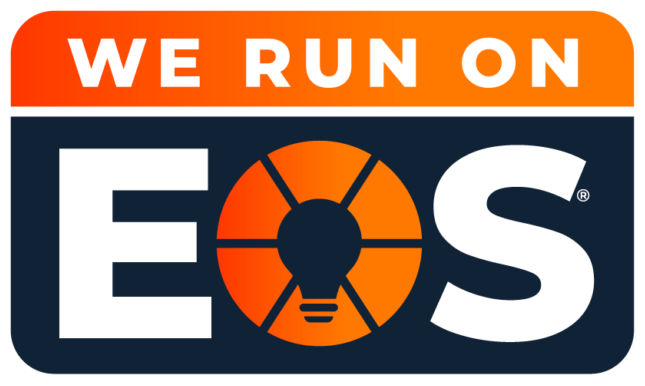A Small Business Guide to Local SEO: Tips for Boosting Visibility
For small businesses striving to boost their online visibility, local Search Engine Optimization (SEO) is one of the most effective strategies. By focusing on local SEO, you not only improve your search rankings but also make it easier for nearby customers to discover your services. As a Managed Services Provider (MSP), Louisville Geek is here to guide you through the process and even offer these services to our clients.
Local SEO success isn’t just about ranking for competitive keywords. The foundation lies in building trust and authority with search engines, ensuring your business information is accurate and consistent while following best practices to maintain a strong online presence.
1. Start with Google My Business (GMB)
Claiming and optimizing your Google My Business listing is the foundation of local SEO. Your GMB profile serves as the information hub for your business, appearing in the knowledge panel on the right side of search results when users search for your company.
To optimize your GMB listing:
- Ensure your business name, address, and phone number (NAP) are accurate and consistent across all platforms.
- Add photos of your business, team, or services to make your listing more engaging.
- Keep your business hours up to date, including special holiday hours.
- Respond to reviews promptly, showing that you value customer feedback.
By optimizing your GMB listing, you make it easier for customers to contact you and for Google to rank your business in local search results.
2. Get Listed in Local Directories
Local business directories play a vital role in improving your visibility and credibility. Directories provide backlinks to your website, which search engines like Google use to evaluate your site’s authority.
To make the most of directory listings:
- Focus on high-quality, reputable directories, but don’t neglect smaller ones.
- Ensure your NAP is consistent across all platforms to avoid confusing search engines or potential customers.
- Regularly check your listings for outdated or incorrect information.
As an MSP, you can also help your clients by auditing their directory listings and assisting them in creating accurate profiles across various platforms.
3. Leverage Directory Management Tools
Manually updating business information across dozens of directories can be time-consuming and prone to errors. To streamline this process, Louisville Geek uses SEMRush, a powerful tool that automatically updates your business information across hundreds of directories, ensuring consistency and efficiency.
If you’re struggling to manage your online presence, Louisville Geek offers this service to our clients for a fee. By letting us handle your directory updates, you can focus on running your business while ensuring your information is accurate and optimized across all platforms.
The benefits include:
- Increased visibility: Accurate listings improve search engine rankings and customer trust.
- Time savings: No need to manually manage listings on multiple platforms.
- Consistency: Eliminate conflicting information that can confuse customers or harm SEO.
4. Enhance Your Website for Local SEO
Your website plays a significant role in your local SEO strategy. A well-optimized website improves search rankings while making it easy for customers to engage with your business.
- Including location-based keywords in your website content.
- Adding a dedicated Contact Us page with your NAP, a map, and driving directions.
- Implementing schema markup to help search engines understand your business information better.
- Regularly publishing blogs or resources that target local pain points.
5. Monitor and Measure Your Results
A successful local SEO strategy requires ongoing monitoring and adjustments. Use tools like:
- Google Analytics to track website traffic and user behavior.
- Google Search Console to monitor search performance and fix any website issues.
- BrightLocal for tracking local SEO metrics like rankings and reviews.
Let Louisville Geek Handle Your Local SEO
At Louisville Geek, we’re not just experts in IT solutions—we’re your partner in growing your business. Whether you’re looking to optimize your Google My Business listing, manage directories with SEMRush, or enhance your website for local SEO, we have the tools and expertise to help you achieve your goals.
Ready to improve your online visibility and attract more local customers? Contact us today to learn more about how our local SEO services can take your business to the next level.
About Louisville Geek
Louisville Geek builds websites and applications that support business goals with clean design, reliable performance, and secure, scalable architecture. Our team helps organizations create digital experiences that strengthen their brand and support long term growth. These solutions are part of our broader web and software development capabilities.



